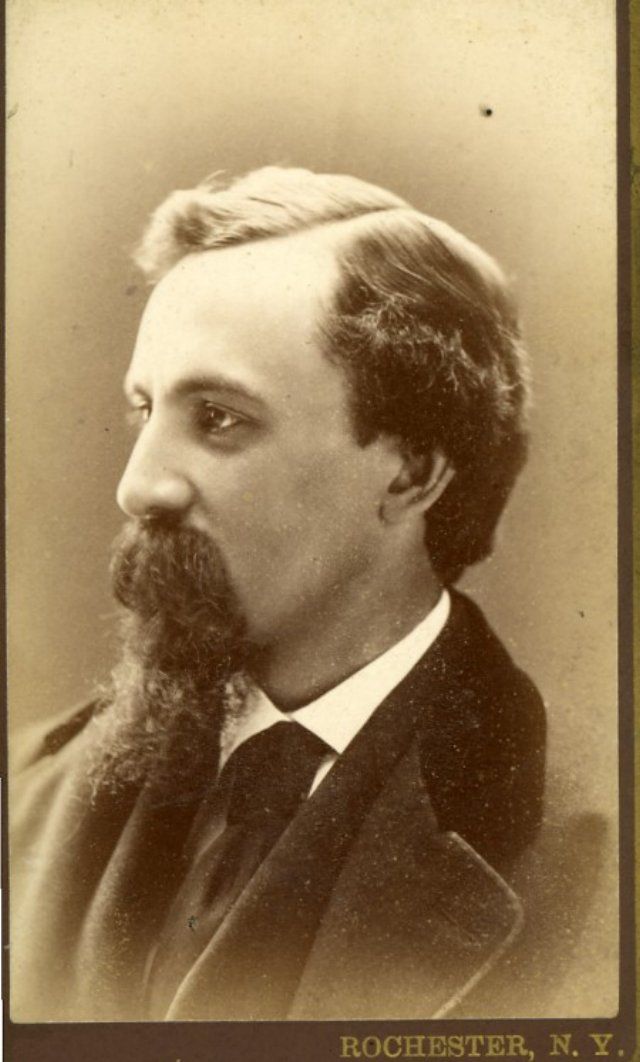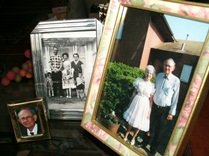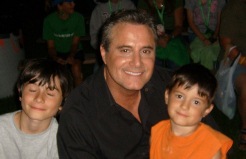 Theologian, A H Strong, defined the human will as “the soul’s power to choose between motives and to direct its subsequent activity according to the motive thus chosen.”
Theologian, A H Strong, defined the human will as “the soul’s power to choose between motives and to direct its subsequent activity according to the motive thus chosen.”
No better description of service could be written. That reflection strengthens our purpose; the convergence of ideas and motives reveal what kind of a servant we are.
Strong continues his description of will as “the soul’s power to choose both an end and the means to attain it.” Within our soul is our moral purpose.
My political quest led me to biographies of political leaders to learn about their motives and recently I’ve been drawn to Abraham Lincoln, John F. Kennedy, and James Garfield.
 It would be easy to develop a fatalistic point of view, considering each of these men were assassinated, but my belief is that life is a series of capricious events orchestrated by our capacity for reason; we attach meaning to stories drawn from the collision of our will with forces outside of our control.
It would be easy to develop a fatalistic point of view, considering each of these men were assassinated, but my belief is that life is a series of capricious events orchestrated by our capacity for reason; we attach meaning to stories drawn from the collision of our will with forces outside of our control.
My point of view does not deny the existence of God, it only admits I cannot define God any more clearly than I can define love for my children; the concept transcends the confinement of words.
Lincoln, Kennedy, and Garfield each seemed destined, yet their demise was the result of careless mistakes; a lack of attention when they should have been more aware of their vulnerability. As purpose and fate comingled in my mind, I began to think about my own mortality. Not in a morose “Oh-my-God-I’m-past-the-halfway-point-and-the-last-half-includes-incontinence!” way, but in a reflective “What-is-the-sum-of-this-journey-so far?” kind of way.
Life will always reveal a lesson when our awareness is heightened. I was on a flight from Chicago to Cedar Rapids in pitch-black darkness, zero-visibility cloud cover, and buffeting crosswinds from a huge storm system passing through. I fly a lot, but this was one of those flights where the wings tilt dramatically side to side and simultaneously hit air pockets where the plane drops several feet, and I’ll admit I said a prayer.
buffeting crosswinds from a huge storm system passing through. I fly a lot, but this was one of those flights where the wings tilt dramatically side to side and simultaneously hit air pockets where the plane drops several feet, and I’ll admit I said a prayer.
It wasn’t a fear of dying at that moment, but I thought to myself, “What if I did? What was the sum of my life? What would people say? Would I be remembered as a good man? Did I remember to pay MediaCom this month?”
I try to tame the tendencies of self-indulgence by mediating such thoughts, but I think it’s a primordial human desire to want to be worth something to others.
Suddenly a moment with my father entered my thoughts.
The memory was from an evening only two months before he passed away and he asked me if I was happy. Not willing to accept that my father wouldn’t be here for years to come, I replied, “Yes…why are you asking me?”
 “Because I’m not going to be around forever and I want to know my family is happy. I can believe I had something to do with that.”
“Because I’m not going to be around forever and I want to know my family is happy. I can believe I had something to do with that.”
I asked him if he was scared and he said, “No. I raised good sons and that’s how I want to be remembered. And maybe you’ll tell your children that there was once this man named Glenn Kroeger…”
I found solace in his words because I already knew that my memories of my father would always construct a story about a good man, who was kind, wise, intelligent, and who loved his family. It would be the story of a man who achieved great success by giving his children the safety, comfort and dreams his own childhood was denied. His flaws would be as forgiven in death as they were in life; they were not the measure of the man.
On this flight I asked myself, “Will my children feel the same way about me?”
There was an unsettling vibration under the fuselage as the plane banked against the wind to land. But as we touched down softly and safely, it occurred to me that the answer lies in the question itself. In these moments of perceived peril that turn into the fortune of living, vanity is arrested by reality.
The present is a moving target that passes seamlessly into the future and instantaneously becomes the past; and it was within that infinitesimal space where my lesson found words: To live the best of my life from each moment on.
Value is not measured by quantity, but quality. The number of years, the amount of wealth, or the accumulation of things, have no bearing on the value of a life.
 As I serve a moral purpose of being a father by sharing with my children the best I have to give, I hope we can all choose to serve our communities, large and small, with the same resolve.
As I serve a moral purpose of being a father by sharing with my children the best I have to give, I hope we can all choose to serve our communities, large and small, with the same resolve.
As my father once proffered in alignment with AH Strong: “We are immortal when our sincerest motives live in the memories of those we’ve loved. And served.”